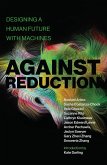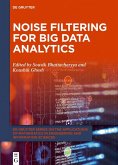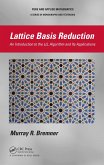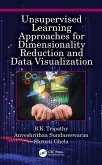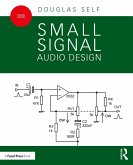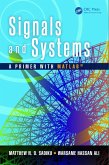Signal noise is present in all sectors of everyday life, making the study of noise from both theoretical and practical points of view essential for a range of scientists and engineers. Understanding, controlling and minimising noise in signals is central to all areas of science and technology, and numerous approaches and tools are employed in signal processing to improve the signal to noise ratios.
This book is the result of an exhaustive review of the general algorithms used for noise reduction using two general application criteria: one-input, one-output systems, and two-input, one-output systems. The text describes theoretically and experimentally the processes related to high-order statistical analysis algorithms, as well as its practical combination with the convolutional analysis. On the other hand, the results of applications in real telecommunications signals, sensing of variables and biosignals such as human tremor are also shown. An introduction to the concept of signal processing in communication systems is presented, as well as algorithms applied to noise reduction and recovery of phase information. The remainder of the work focuses on noise reduction algorithms using statistical processing based on non-parametric estimates of statistical characteristics such as cumulants, moments and higher order spectra, demonstrating results from a practical point of view and including examples from real situations. The reader will benefit from both the theoretical foundations described in the book, and the practical examples including generic codes of all the functions described and modifiable for use in different applications.
This book is the result of an exhaustive review of the general algorithms used for noise reduction using two general application criteria: one-input, one-output systems, and two-input, one-output systems. The text describes theoretically and experimentally the processes related to high-order statistical analysis algorithms, as well as its practical combination with the convolutional analysis. On the other hand, the results of applications in real telecommunications signals, sensing of variables and biosignals such as human tremor are also shown. An introduction to the concept of signal processing in communication systems is presented, as well as algorithms applied to noise reduction and recovery of phase information. The remainder of the work focuses on noise reduction algorithms using statistical processing based on non-parametric estimates of statistical characteristics such as cumulants, moments and higher order spectra, demonstrating results from a practical point of view and including examples from real situations. The reader will benefit from both the theoretical foundations described in the book, and the practical examples including generic codes of all the functions described and modifiable for use in different applications.
Dieser Download kann aus rechtlichen Gründen nur mit Rechnungsadresse in A, D ausgeliefert werden.



